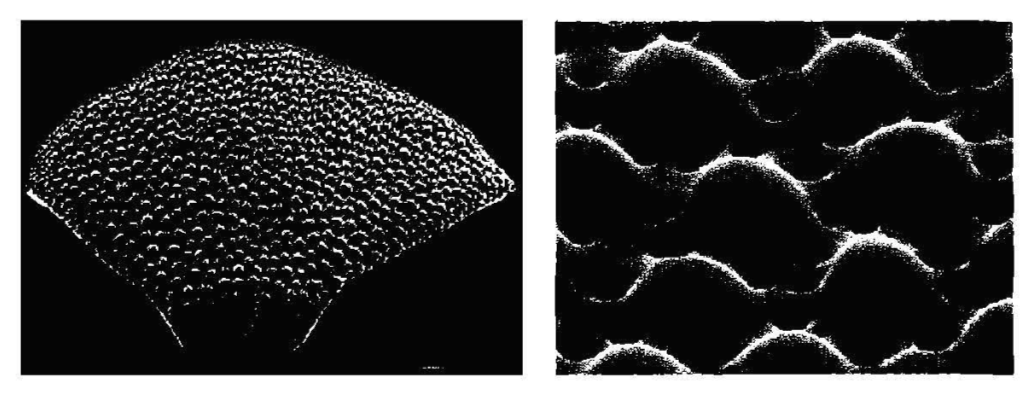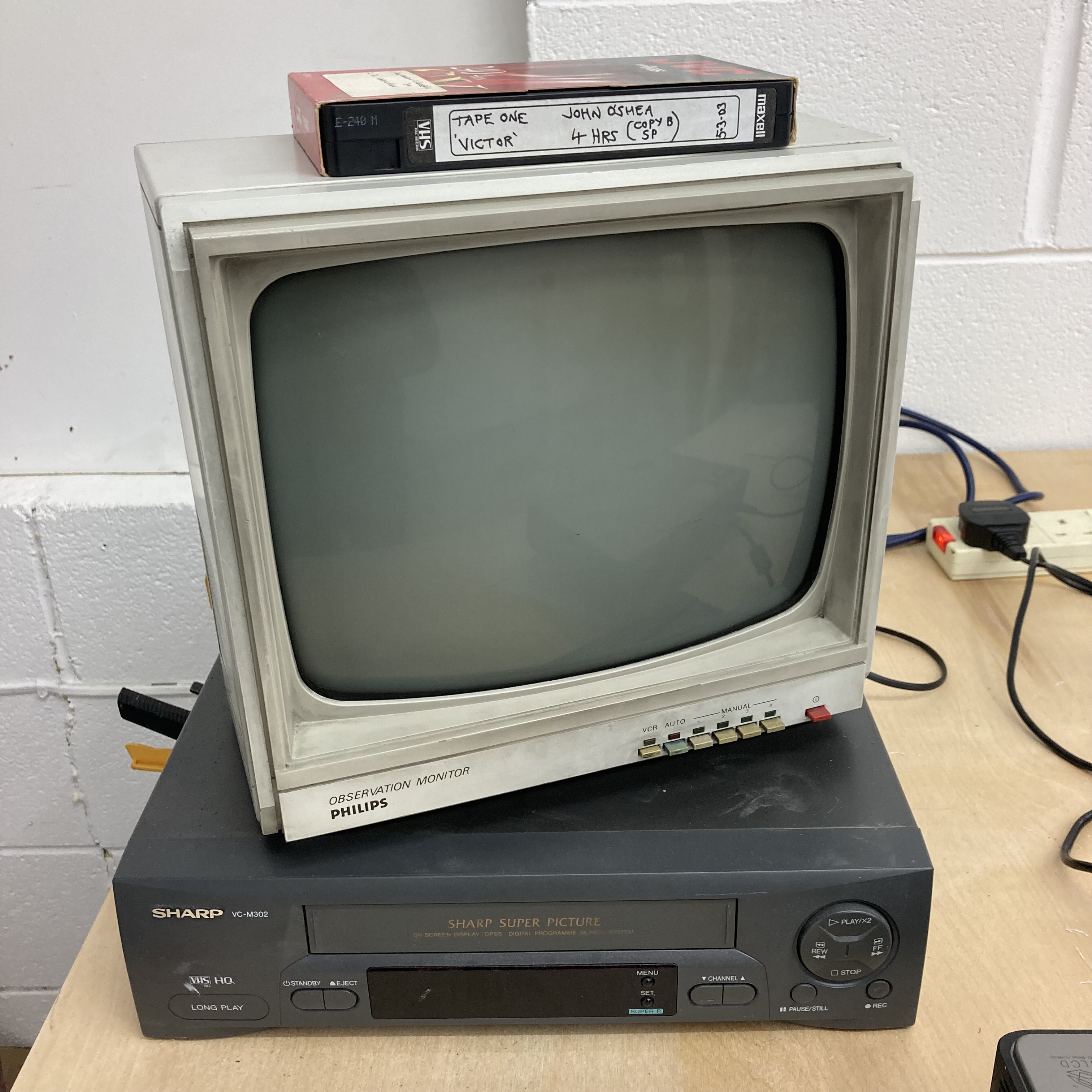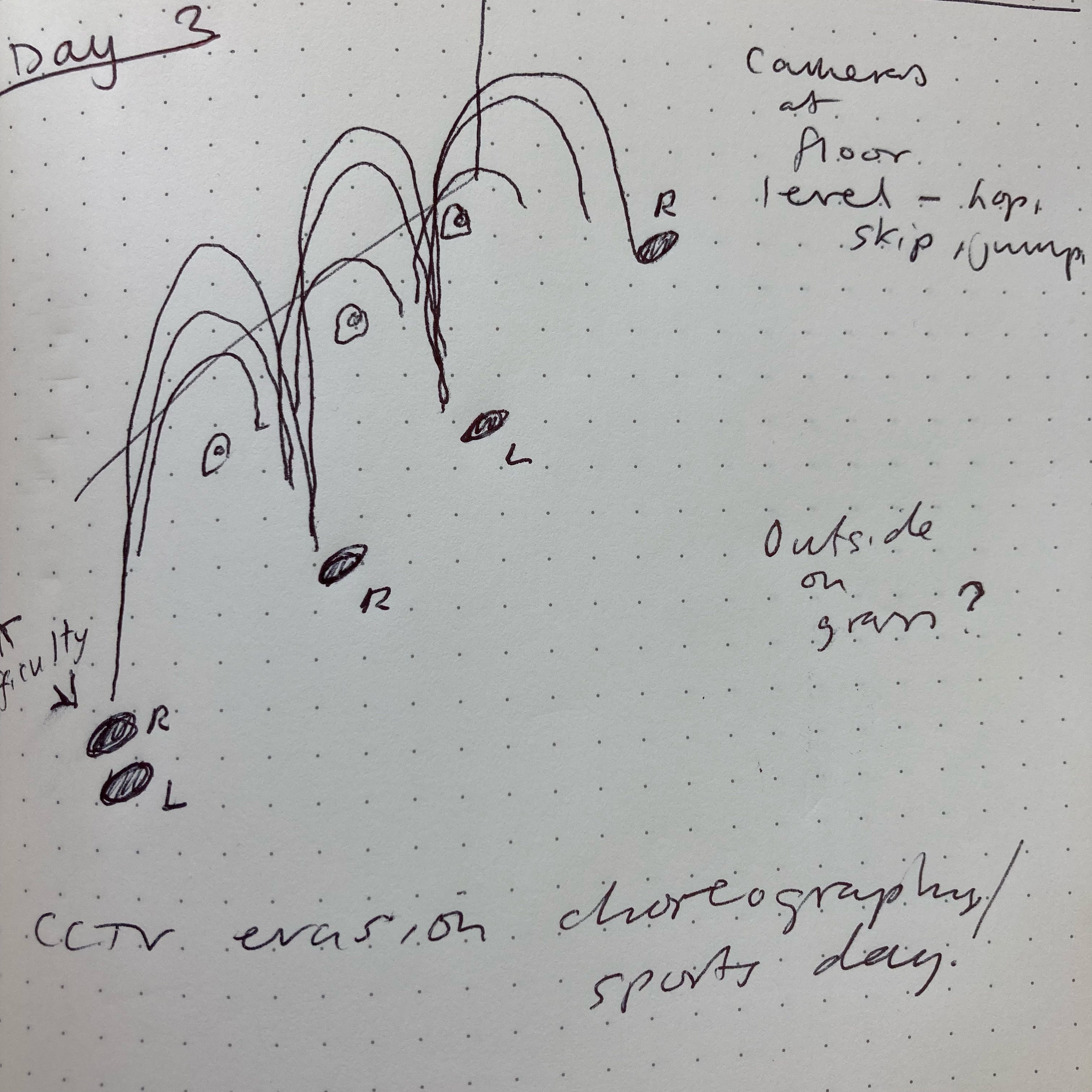https://www.fogliandpartners.com/ce53urueofs For the past couple of days, as we’ve prodded our way around the idea of observing others with technology, we’ve had to come to terms with the idea that one of us had no choice but to observe the rest of us using technology. The experience was interesting.
https://www.mdifitness.com/hmx67lp Society has just about got the hang of communicating remotely. Some of us felt odd about returning to in-person communication, but the oddness quickly washed away after a few minutes’ worth of conversation.
https://ballymenachamber.co.uk/?p=ho2vsep8msnhttps://ottawaphotographer.com/sn8u9uhj Bringing the two worlds together was even odd-er, and the oddness never quite left. We (the in-person people) had plenty of fun moving the laptop that kept us connected with Hwa Young, giving her different vantage points, taking her on virtual tours of Leeds, etc. However, conversations flowed around our remote companion like a flock of birds avoiding a tree. It was extremely difficult for her to join on equal footing with the rest of us.
https://hazenfoundation.org/yulxarvxwi3Being an observer comes with a power imbalance so often that we’re used to seeing a video camera as an instrument of power. Hwa Young played upon that a little by recording the Zoom meeting (triggering an ominous-sounding automated message) but she still felt disadvantaged compared to others. It’s interesting to see the camera thing not in terms of observer / observed, but rather as participant / not participant. The power imbalance, inverted.
Buy Zolpidem Tartrate Onlinehttps://www.plantillaslago.com/750skpwr – Andrey Pissantchev



